Plato the Republic Robbin Waterfield
8 $
- نام کتاب: Plato Republic
- نام فارسی: جمهور افلاطون
- نویسنده: افلاتون ترجمه رابین واترفیلد
- ناشر: Oxford World’s Classics
- نوع جلد: Paper
- وضعیت: نو
1 عدد در انبار
Plato the Republic Robbin Waterfield
The Republic (جمهور) اثر جاودان افلاطون یکی از مهمترین متون فلسفی تاریخ است که به مسائل عدالت، سیاست، حقیقت و ایدهآلهای حکومت میپردازد. این کتاب در قالب دیالوگهایی میان سقراط و دیگر شخصیتها نوشته شده و از تأثیرگذارترین آثار فلسفی در زمینه سیاست، اخلاق و معرفتشناسی محسوب میشود. رابین واترفیلد مترجم و نویسنده برجستهای است که با ترجمه و شرح دقیق این اثر، آن را برای خوانندگان مدرن قابل فهمتر کرده است.
مروری بر محتوا Plato the Republic Robbin Waterfield
جمهور در ده کتاب تنظیم شده و به بحث درباره موضوعاتی چون تعریف عدالت، ساختار حکومت آرمانی، نقش فیلسوفان در اداره جامعه و نظریه مُثُل میپردازد. افلاطون در این اثر، ایده حکومت فیلسوفشاه را مطرح کرده و جامعهای آرمانی را بر اساس خِرَد، شجاعت و اعتدال توصیف میکند.
موضوعات کلیدی
- تعریف عدالت و بررسی آن در فرد و جامعه
- ساختار سهگانه روح انسان (خِرَد، اراده و امیال) و تطابق آن با طبقات اجتماعی
- نظریه مُثُل و جهان ایدهها
- حکومت آرمانی و ویژگیهای فیلسوفشاه
- نقد دموکراسی، استبداد و الیگارشی
چرا این کتاب را مطالعه کنیم؟
- یکی از بنیادیترین متون فلسفی درباره سیاست، اخلاق و جامعه است.
- رویکرد افلاطون به عدالت و حکومت هنوز در فلسفه سیاسی مدرن تأثیرگذار است.
- ترجمه رابین واترفیلد با توضیحات و تحلیلهای عمیق، درک بهتری از مفاهیم ارائه میدهد.
- برای دانشجویان فلسفه، علوم سیاسی و علاقهمندان به اندیشههای کلاسیک ضروری است.
راهنمای خرید
این کتاب در نسخههای مختلف از جمله متن اصلی، ترجمههای مدرن و نسخههای همراه با شرح و تحلیل در دسترس است. ترجمه رابین واترفیلد یکی از بهترین گزینهها برای خوانندگان معاصر است، زیرا توضیحات روشنی درباره اصطلاحات و مفاهیم پیچیده ارائه میدهد.
- این کتاب در بسیاری از فروشگاههای بینالمللی از جمله آمازون (Amazon) و بارنز اند نوبل (Barnes & Noble) موجود است.
- برخی از کتابفروشیهای ایران که کتابهای زبان اصلی را چاپ میکنند، ممکن است نسخهای از آن را داشته باشند.
- ما یک نسخه نفیس از نسحه اوریجینال را داریم. برای هماهنگی خرید با ما تماس بگیرید.
قیمت حدودی کتاب
- قیمت کتاب بسته به نسخه و ناشر متفاوت است. نسخههای استاندارد بین ۱۲ تا ۲۵ دلار
- نسخههای همراه با تفسیر ممکن است تا ۴۰ دلار نیز قیمت داشته باشند.
جمعبندی
The Republic از جمله آثاری است که درک آن برای فهم فلسفه و علوم سیاسی ضروری است. این کتاب نهتنها بینشی عمیق درباره عدالت و حکومت ارائه میدهد، بلکه همچنان در مباحث مدرن سیاسی و اجتماعی موضوعی زنده و پرمناقشه محسوب میشود.
| وزن | 050 کیلوگرم |
|---|---|
| ابعاد | 20 × 13 × 2.5 سانتیمتر |

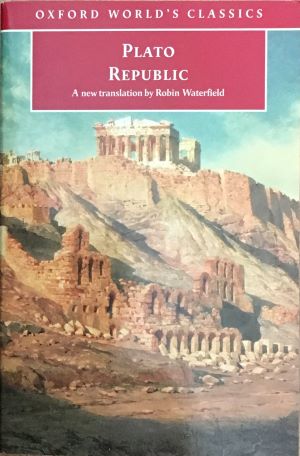
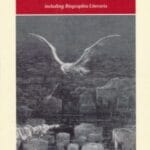


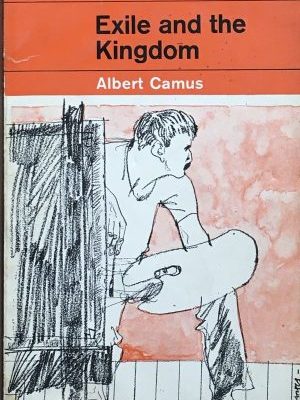
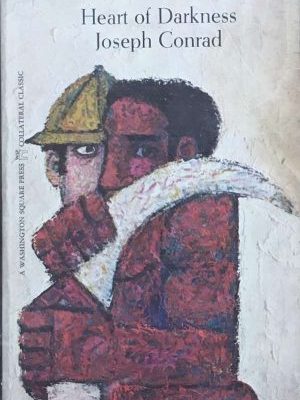

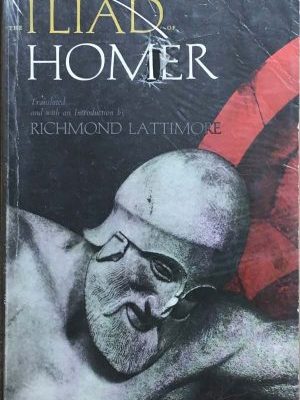
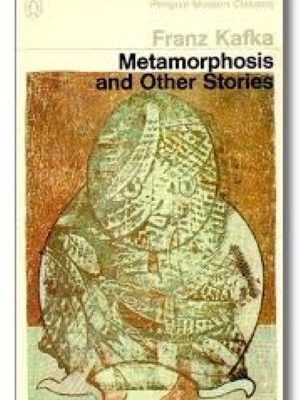

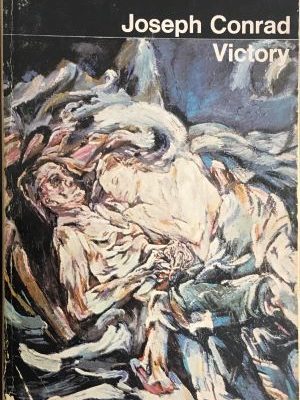
نقد و بررسیها
هنوز بررسیای ثبت نشده است.